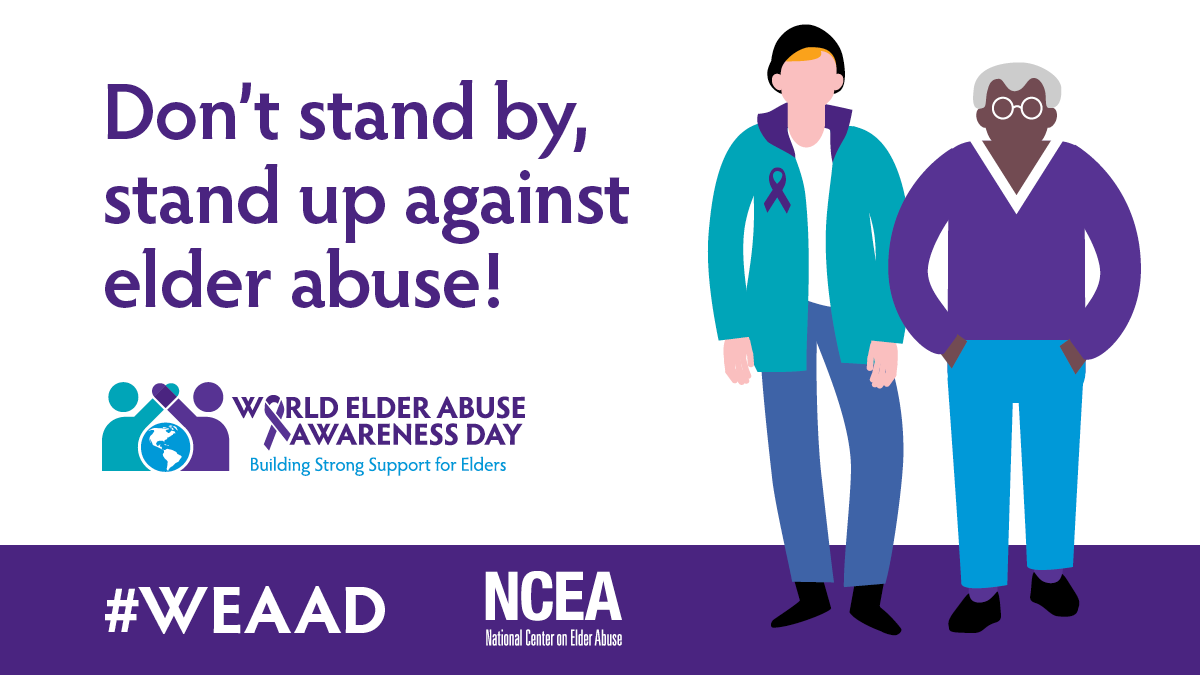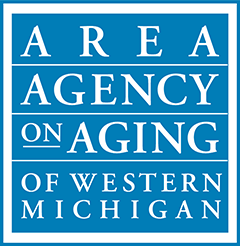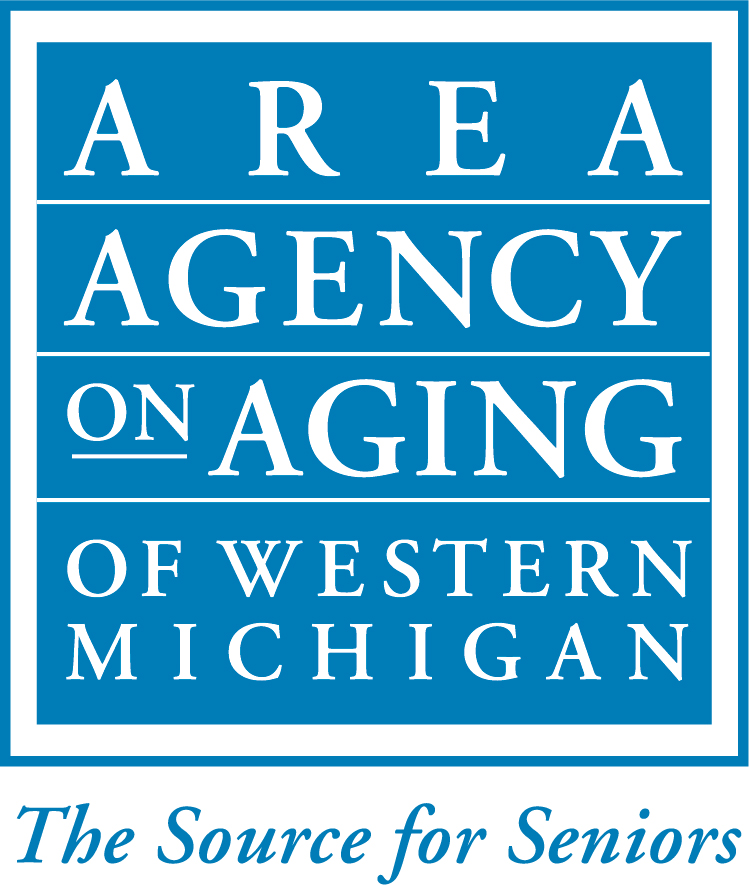Articles
Elder Abuse Awareness Month: If You See Something, Say Something

Playing Your Part in Preventing Elder Abuse
June is Elder Abuse Awareness Month, which works not only to educate people on the topic of elder abuse, but to also increase reporting numbers and start discussions on how to recognize and prevent this abuse. When we address elder abuse, the focus is often on financial exploitation and avoiding financial scams. Elder abuse includes physical, emotional, sexual abuse, and neglect as well as the financial component. Only 1 in 24 experiences of abuse are reported. We must all know the signs of elder abuse to help protect the vulnerable adults in our lives. By being aware of the signs, we can all play a role in preventing abuse.
Common signs of elder abuse:
90% of abusers are either family members or trusted caregivers. Some things to look for include changes in personality or cognitive function, dehydration or unusual weight loss, unexplained injuries, unsanitary living conditions, withdrawal from normal activities, increased anxiety/fear, and/or isolation from family and friends. Even unexplained withdrawals from banking accounts could be an indication of financial abuse. There are several other warning signs that you can learn more about through the National Institute on Aging here: https://www.nia.nih.gov/health/infographics/spotting-signs-elder-abuse.
How do you know when to report?
Acknowledging that abuse may be taking place is difficult. For most people, when we notice something awry, our tendency is to convince ourselves that we are wrong, rather than act and report suspected abuse. As Kristyn Vander Zouwen, Kent County Elder Abuse Coordinator explains, “Reporting to Adult Protective Services can be intimidating, but there are a few things you should know. 1. You can report anonymously; your name will not be shared with the individual. 2. APS will ask you a few simple questions, so a good rule is if you see something, say something! 3. APS may seem punitive, but the organization is a community resource to get people connected to the help they need.”
Where to report:
Knowing where and how to report is important. If you suspect an older adult is being abused - report it. In Michigan, call Adult Protective Services at (855) 444-3911. This hotline is available 24 hours a day. In nursing facility settings, you can contact the Long-Term Care Ombudsman office at (866) 485-9393. If you or someone you know is in immediate danger do not hesitate to call 911 for help.
If you’d like to learn more:
For more information about reporting abuse, visit www.michigan.gov/mdhhs. To learn more about elder abuse, you can request a presentation from the Kent County Elder Abuse Coalition at www.protectkentseniors.org.
Tagged:

